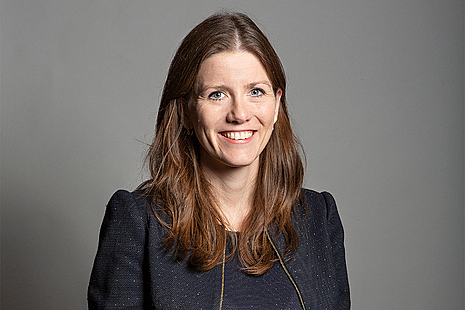 Key communications providers have signed a charter to protect the most vulnerable following cases of telecare devices failing after being switched to digital landline technology.
Key communications providers have signed a charter to protect the most vulnerable following cases of telecare devices failing after being switched to digital landline technology.
Whilst confined to a small number of providers, the telecare devices, which serve as personal alarms for the vulnerable, were not functioning during power cuts or where internet coverage failed.
To combat this, Technology Secretary Michelle Donelan brought together VMO2, BT, TalkTalk and Sky to create a charter that would mitigate risks going forward.
The new measures, announced on December 18th, saw a pause on all non-voluntary, managed migrations and a shift from an opt-out, to an opt-in model. BT and VMO2 paused on the 18th in response.
Additional checks will be provided to those who have already been migrated, to ensure they will not suffer from outages. The charter members will also collaborate to create a standardised definition of vulnerable people so this is applied fairly.
Telecoms Minister, Sir John Whittingdale, said: “It is important we have a telecoms networks fit for the modern age and it’s right the technology is updated to keep pace with the demand we place on it, but in modernising the network providers must also work closely with customers to understand their needs, particularly the most vulnerable customers.
BT also put out a statement on the 18th, reiterating support for the charter. Lucy Baker MBE, All-IP Director, BT Consumer said: “It’s critically important that we manage customer migrations from old to new as quickly and smoothly as possible, while making the necessary provisions for those customers with additional needs.”
BT is currently working with some participating local authorities and telecare providers to identify users through information sharing agreements, to ensure its data is up to date.
However, it is now calling on all local authorities and telecare providers to share their data and is urging the Government to encourage cooperation.
This is something Virgin Media O2’s COO Rob Orr also stated in an article in the Telegraph.
He said: “Only a tenth of local authorities contacted do engage ahead of migrations and this number is even lower for telecare companies.”
He also highlighted a lack of clarity over who is responsible for the wellbeing an estimated 1.8 million people deemed as vulnerable.
